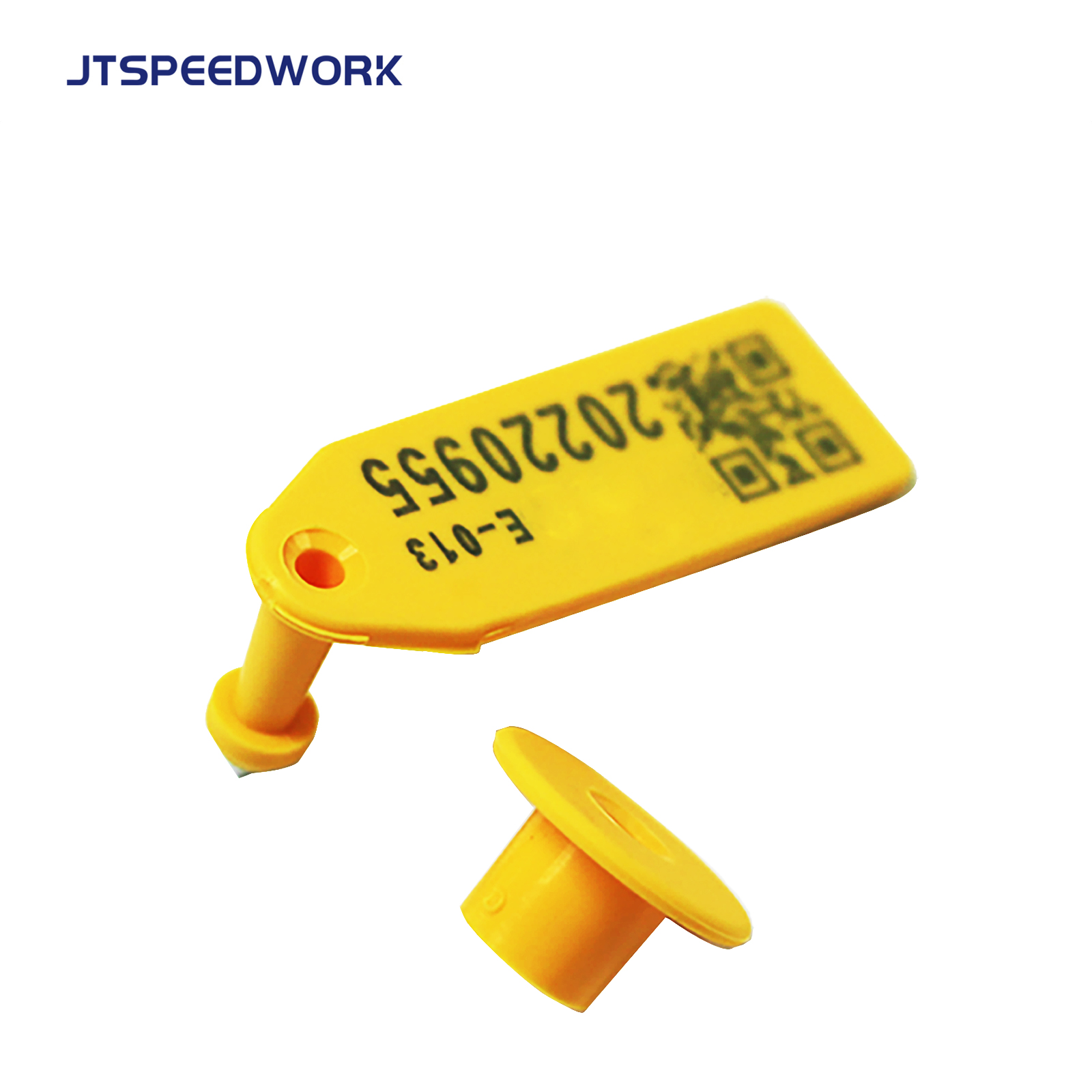Quenching Intelligence RFID-Powered Innovations in Livestock Watering System
In this livestock watering system, RFID technology plays a crucial role in the statistical and management aspects of livestock information. RFID (Radio Frequency Identification) technology uses electronic tags and readers to identify and collect information about individual livestock. Each animal wears a uniquely identified RFID electronic tag. When the animal approaches the water trough, the RFID reader installed near the trough reads the tag information and sends it to the system's main controller. Based on the information read, the system identifies the specific animal and records its drinking behavior, such as whether it drank, the number of drinking instances, and the total drinking time. This data helps monitor the health status and drinking patterns of the livestock.
The system uses advanced RFID technology to record the drinking behavior of each animal, providing a basis for subsequent data analysis. For example, by counting the number of times each animal drinks and the total drinking duration each day, the system can determine if there are any drinking anomalies, allowing for timely detection and resolution of potential health issues. RFID technology can also help identify animals that have not drunk water during specific periods, alerting farmers to pay attention to these animals' health.
With the assistance of RFID technology, the system achieves automatic water supply control for the troughs. When the RFID reader detects an animal approaching the trough, the system automatically opens the water valve to start supplying water; when the animal leaves or finishes drinking, the system closes the water valve to stop the water supply. This automated water supply method not only saves labor costs but also ensures that livestock can access sufficient drinking water at any time.
The drinking data collected through UHF RFID animal tag is transmitted to a cloud platform for storage and analysis. The cloud platform can combine this data with other sensor data (such as water level and temperature) for comprehensive analysis, providing farmers with visual reports on livestock drinking behavior. Through these reports, farmers can intuitively understand the drinking conditions of each animal, promptly identify potential problems, and take appropriate measures.
The application of RFID technology significantly improves the management efficiency of the livestock watering system. Traditional water management methods require manual recording and monitoring, but with RFID technology, all information can be automatically collected and recorded, reducing manual operation errors and omissions. Additionally, the system can automatically analyze and judge based on the collected data, providing intelligent management suggestions to help farmers optimize breeding strategies.
In this system, RFID technology is combined with computer vision, sensor technology, and other technologies to create an intelligent comprehensive management platform. For example, computer vision technology is used to monitor the environment and livestock behavior around the water trough in real-time, and sensor technology is used to detect water levels and temperature. The integration of these technologies enables the system to provide more comprehensive and accurate management functions, further enhancing the intelligence level of livestock farming.
In conclusion, RFID technology plays an important role in this livestock watering system by enabling automatic identification and statistical analysis of livestock information, providing a solid foundation for intelligent system management. By integrating with other technologies, the system can offer more efficient and precise management functions, helping farmers reduce labor costs and improve the health and productivity of their livestock.


